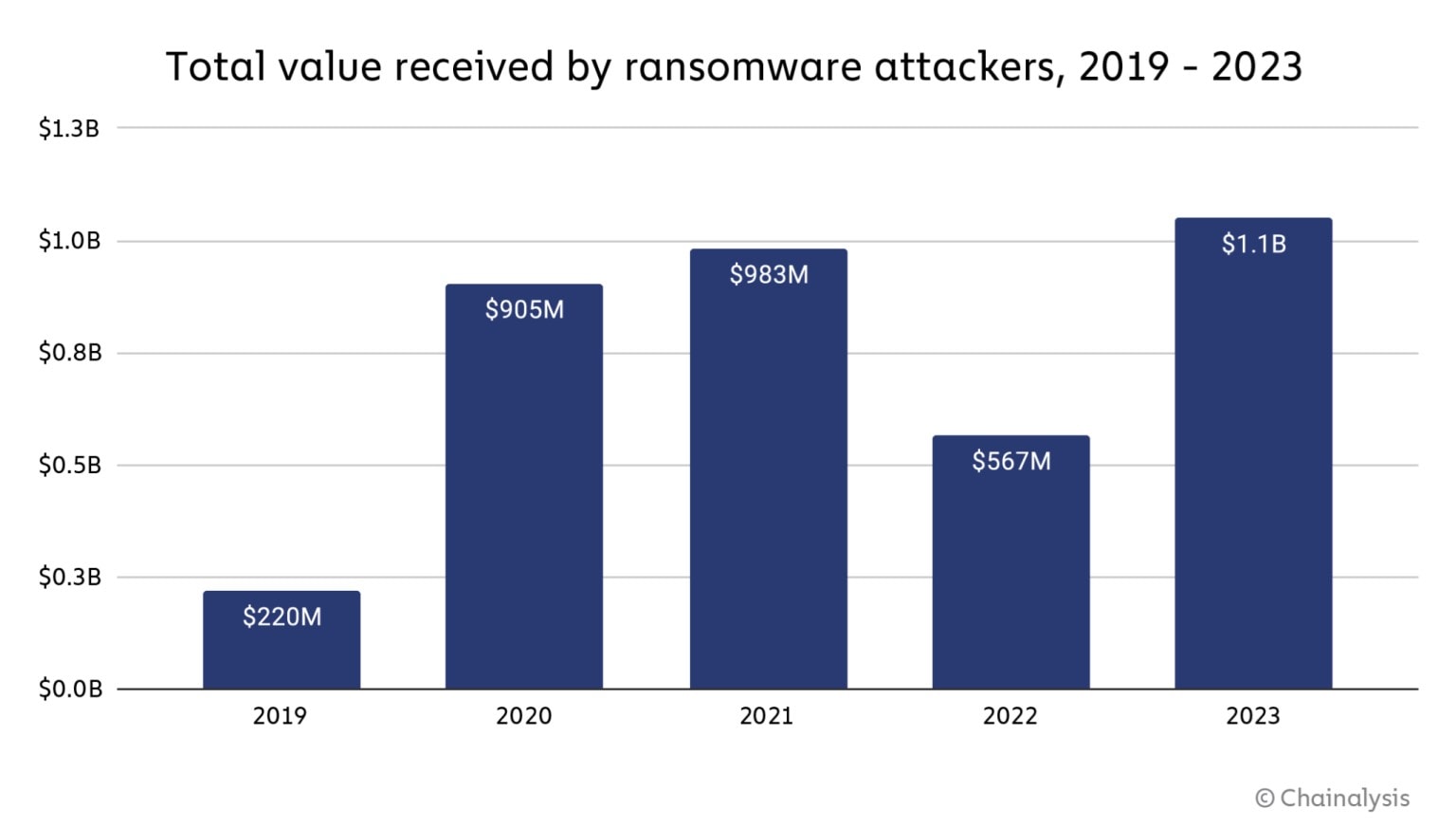
Note: This is a guest post written by Charlie Nadler
New research from Northwestern University and the University of North Carolina will not be likely to please owners of Android smartphones and tablets.
On the heels of a report from F-Secure that circulated this May showing Android devices are the subjects nearly 80% of mobile malware incidents, this new research demonstrates how easily Android anti-malware measures can be thwarted.
Shortcomings in Android Anti-Malware
In the research paper “Evaluating Android Anti-Malware Against Transformation Attacks”, the researchers describe their methodology, which includes creating a technology dubbed DroidChameleon to test the might of Android security suites. DroidChameleon was designed to make common complications such as edits to binary code to get past security platforms like Symantec, Kaspersky, AVG and Webroot.
Because of the simplicity of the anti-malware products’ content-based signatures, many proved to be blind to very basic code-level changes. The research showed that 16% of signatures were easily evaded (down from 45% last year).
Why the Problems with Android?
Security concerns revolve around Android because for the most part, iPhone and Windows phone users simply don’t experience malware issues. This comes with the inherent nature of the Android operating system. Google set out to create a platform that is more malleable, more programmable and more open than iOS or Windows. This programmable aspect of the Android platform is the very reason why security products are able to work on the phones – but it’s also the reason why malware attacks are more likely.
While Android may be the primary concern when it comes to malware, it is certainly not the only smartphone to raise eyebrows among security experts. In the past year alone, iOS has experienced problems with its lock screen being easily bypassed – leaving the phone’s contacts and email information vulnerable to whomever bypassed the lock screen.
It Could Be Worse
Despite noted gaps in security products for Android, some security researchers believe that Android malware protection is not as big of a threat as some might have us believe. In a recent interview with SecurityWatch, F-Secure chief research officer Mikko Hypponen points out that smartphone security breaches are fairly rare given how long they’ve been around and how widespread their use has become.
Furthermore, while research such as that done using DroidChameleon does show how security products can fail – the biggest security threat to users continues to be loss and theft. Given that estimates show approximately 1 in 10 owners of Android phones report a lost or stolen device, there is still good reason to invest in security software – especially those that allow users to lock and wipe the device remotely.
Does the threat of malware affect your opinion of Android phones? Sound off in the comments.
Note: This guest post was written by Charlie Nadler, who blogs regularly about small business IT and technology trends at The Future of IT. You can find him on Twitter @CharlieANadler






